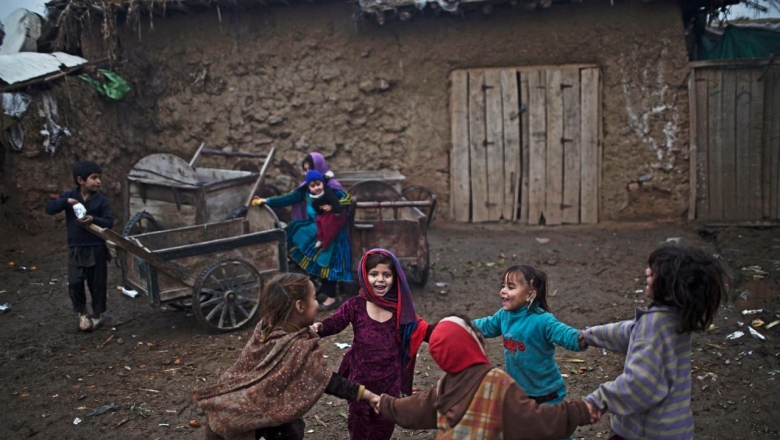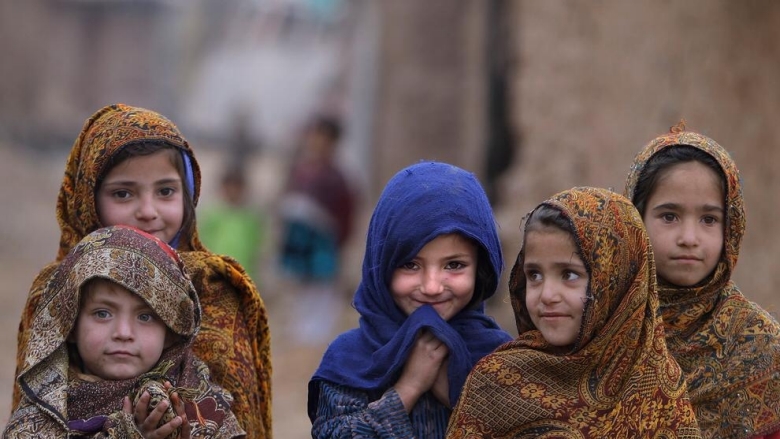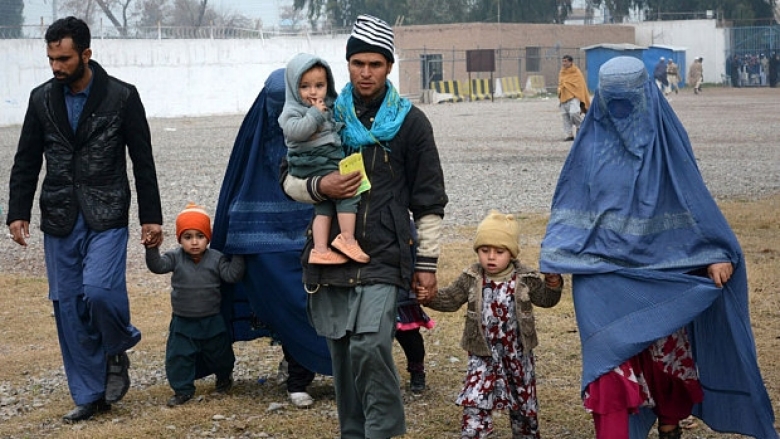Challenge
Following continued militancy crisis in FATA, the GoP launched major security operations to root out the pockets of militants. This resulted in significant collateral damage to physical infrastructure and services leading to a large number of Temporarily Displaced Persons (TDPs) losing their homes and livelihoods. Approximately 340,000 families were displaced. Lack of a formal governance structure coupled with a strong tribal system in place for over 70 years, rendered public service delivery in FATA historically weak with large areas having little or no access to basic services. TDP families that had suffered multiple shocks including major losses to livelihood and income, leading to insufficient food consumption and perverse coping strategies needed immediate support. In addition, outbreaks of polio, malnutrition, stunting and wasting was reported in FATA. Access to basic public services for citizens in FATA continues to remain constraint as security and accessibility issues persist. One-Stop-Shops established under the project has provided a mechanism to fill the gap left by the conflict and weak public service delivery infrastructure.

Approach
The World Bank, through the FATA Temporarily Displaced Persons – Emergency Recovery Project (FATA TDP ERP), assisted the Government of Pakistan to support the early recovery of families affected by the militancy crisis, promote child health, and strengthen social protection delivery systems in affected areas of FATA. An estimated caseload of 340,000 registered temporary displaced families were entitled to benefit under the GoP program providing cash transfers to families that voluntarily return to their region of origin. The International Development Association (IDA) contribution of USD 189 million resulted in the creation of One-Stop-Shops, a unique service delivery model used during previous safety net emergency response projects, which became a platform for provision of selected services to citizens. The Project resulted in the provision of onetime emergency cash grants to TDP families and a temporary subsistence allowance. In addition,


